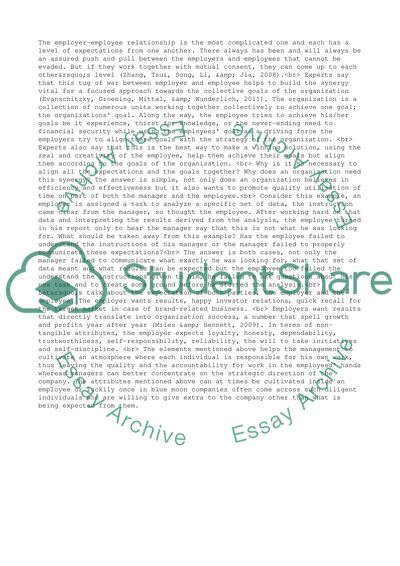Cite this document
(“Employee -Employer Relationship and Expectations Essay”, n.d.)
Employee -Employer Relationship and Expectations Essay. Retrieved from https://studentshare.org/business/1438614-employers-and-employees-have-different
Employee -Employer Relationship and Expectations Essay. Retrieved from https://studentshare.org/business/1438614-employers-and-employees-have-different
(Employee -Employer Relationship and Expectations Essay)
Employee -Employer Relationship and Expectations Essay. https://studentshare.org/business/1438614-employers-and-employees-have-different.
Employee -Employer Relationship and Expectations Essay. https://studentshare.org/business/1438614-employers-and-employees-have-different.
“Employee -Employer Relationship and Expectations Essay”, n.d. https://studentshare.org/business/1438614-employers-and-employees-have-different.


